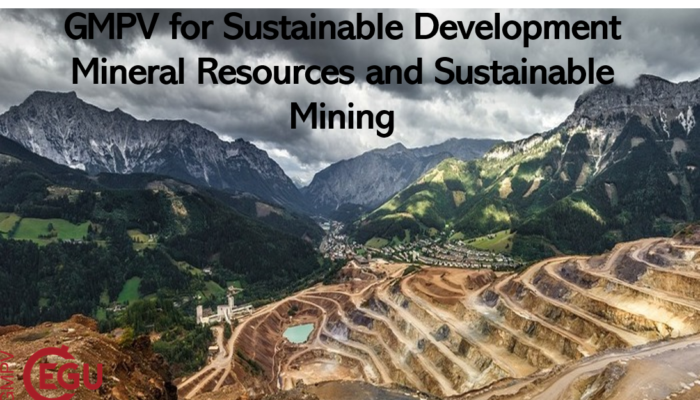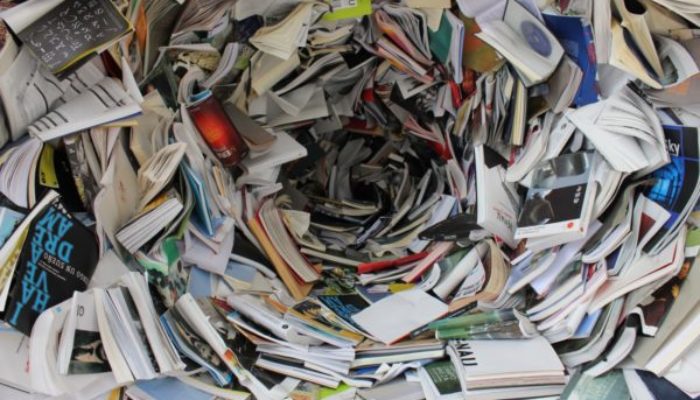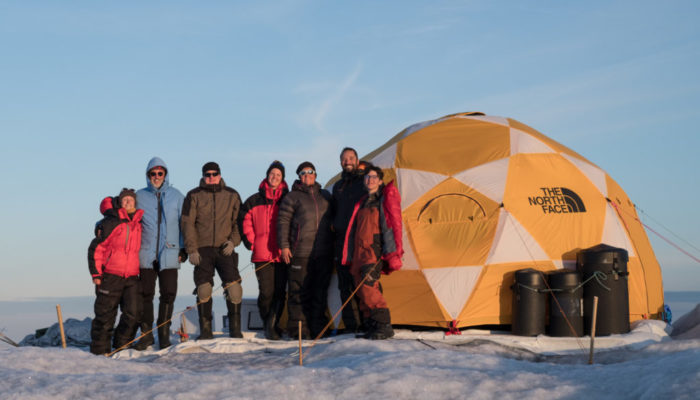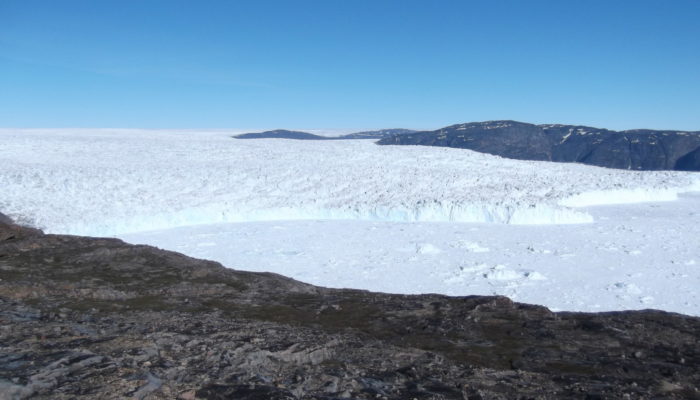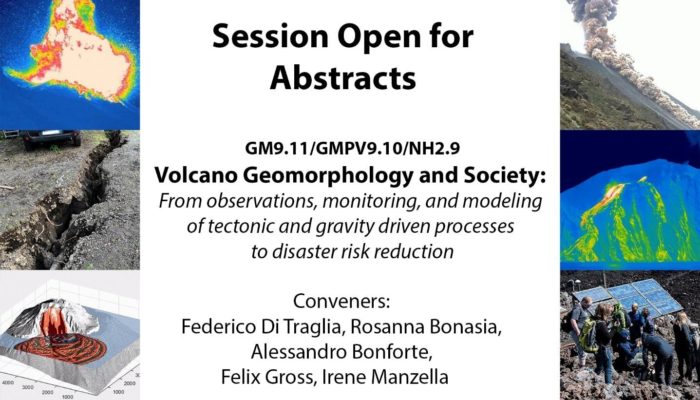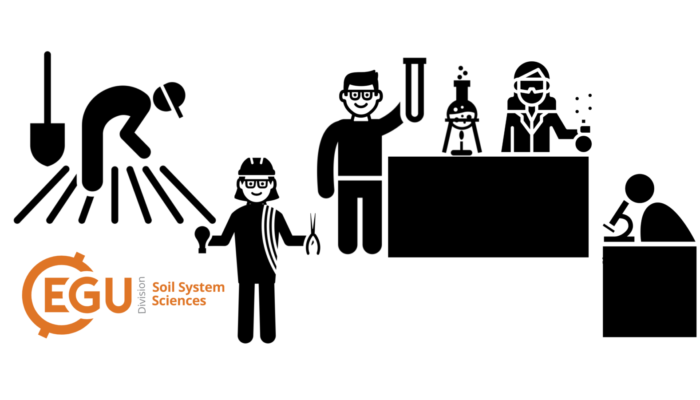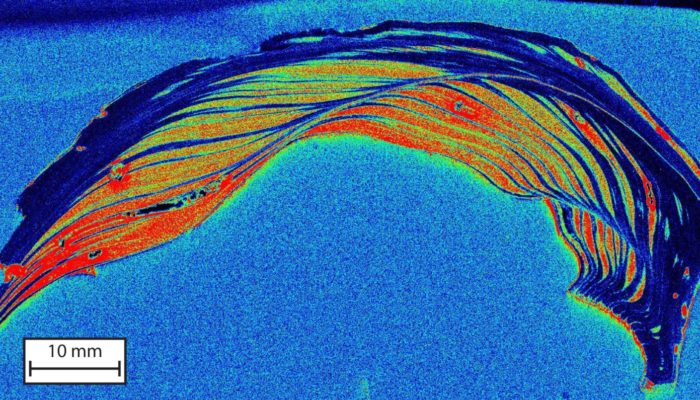GMPV and The Sustainable Development Goals In 2015 all United Nations Member States adopted a set of Global Goals, as a universal call to protect our planet, end poverty and ensure that all people can enjoy peace and prosperity. These are called the Sustainable Development Goals – 17 integrated goals aimed at addressing the challenges our society is currently facing considering social, economic, a ...[Read More]
Tectonics and Structural Geology
TS Must-Read – Riba (1976) Syntectonic unconformities of the Alto Cardener, Spanish Pyrenees: a genetic interpretation
In 1976 Oriol Riba published his paper on “Syntectonic unconformities of the Alto Cardener, Spanish Pyrenees: a genetic interpretation”, and despite appearing as a niche topic at first glance, it was voted as one of the papers in our Must-Read series. A major reason for that is that the paper presents a general model for syntectonic unconformities – an unconformity which illustrates both se ...[Read More]
Climate: Past, Present & Future
Deep Purple on Ice – Research on the Greenland Ice Sheet During the Pandemic
Insights into the EU project Deep Purple, fieldwork during the COVID-19 pandemic and doing research in a camp on the Greenland Ice Sheet. Written by Ph.D. students Rey Mourot (GFZ Potsdam), Laura Halbach (Aarhus University) and Eva Doting (Aarhus University). On maps, Greenland is shown as a massive white island. This vast ice and snow cover plays a vital role in reflecting incoming solar radiatio ...[Read More]
Cryospheric Sciences
Time To Reflect
Albedo or albedon’t? One possible solution to global warming is to turn everything white to increase the planet’s albedo, i.e. how reflective it is (see, for example, this website). A higher albedo would be one way to reduce global warming, by reducing the amount of incoming shortwave solar radiation absorbed by the planet’s surface, which is then re-emitted as longwave radiation that ...[Read More]
Geochemistry, Mineralogy, Petrology & Volcanology
#vEGU21 – Session in the Spotlight: Volcano Geomorphology and Society: From observations, monitoring, and modeling of tectonic and gravity driven processes to disaster risk reduction
The EGU Abstract Submission Deadline is almost here – only 6 weeks left!! Probably you are still looking for the right session, maybe one which combines onshore and subaqueous volcanic activity, geomorphology and the impact of the volcanic hazard on local communities. Well, the GM9.11/GMPV9/NH2 “Volcano Geomorphology and Society: From observations, monitoring, and modeling of tectonic ...[Read More]
Geodynamics
The Sassy Scientist – Extending the Extension
Looking towards yet another submission extension, Cameron can see the end of 2020, but not of their thesis: After how many chapters and papers PhD thesis can be considered as ‘complete’? Dear Cameron, What do you mean chapters *and* papers?! In my vast experience examining PhD students, when they finally finish, they have chapters *or* papers (barely!). If you are fortunate to publish ...[Read More]
Tectonics and Structural Geology
Mind your Head: Taking care of yourself during the Corona-virus crisis – Part 2
It has been many months since the first lockdown, in some countries about a year, in other countries perhaps eight months. A continuing learning curve, with many ups and downs. Now the end is slowly appearing on the horizon, with promises of vaccines, and several countries making definite plans on when and how to vaccinate. Still – it will take at least 6 months, quite possibly more, until it is o ...[Read More]
Stratigraphy, Sedimentology and Palaeontology
Fossils on screen
In these days fossils are becoming the new Hollywood stars as we are more and more pushed to use new -or sort of new- approaches for disseminating paleontology which pass through a screen. Technology is providing us with several ways to reach homes, colleagues throughout the world, or classrooms to share our research. The EGU General Assembly meeting itself will be online in 2021. Popular museums ...[Read More]
Soil System Sciences
The importance of our SSS (…Soil Support Staff!) #2
Last month, we launched the first in a monthly series of blog posts dedicated to highlighting the indispensable work carried out by our technicians, laboratory assistants, and research support teams. Soil Science is indebted to these key individuals and their essential, tireless efforts to keep laboratories afloat, maintain our facilities, carry out fieldwork, and make research happen. We kicked ...[Read More]
Biogeosciences
High-resolution biogeochemistry: Taking snapshots of past climate using mollusk shells
This is a solicited blogpost written by Niels de Winter. Now that the effects of rising anthropogenic CO2 emissions are starting to affect our everyday lives, accurate reconstructions of past climates become more and more relevant. These reconstructions help us to improve climate models used to project future global warming scenarios which in turn inform policy makers. The further we look back in ...[Read More]

